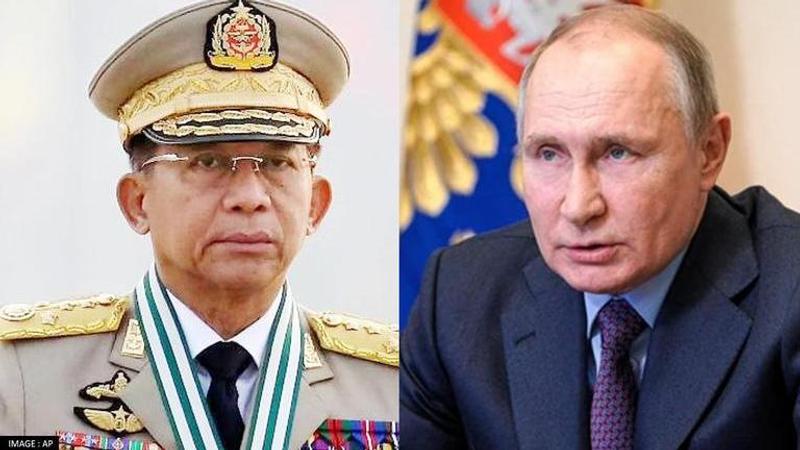Published 14:57 IST, June 18th 2022
Myanmar negotiating to de-dollarize economy, join Russia's alternative payment system
Naing Oo stressed on the urgent need of consultations on payment systems between Russia and Myanmar, as well as the Association of Southeast Asian Nations.

IMAGE: AP | Image:
self
Advertisement
Loading...
14:57 IST, June 18th 2022




